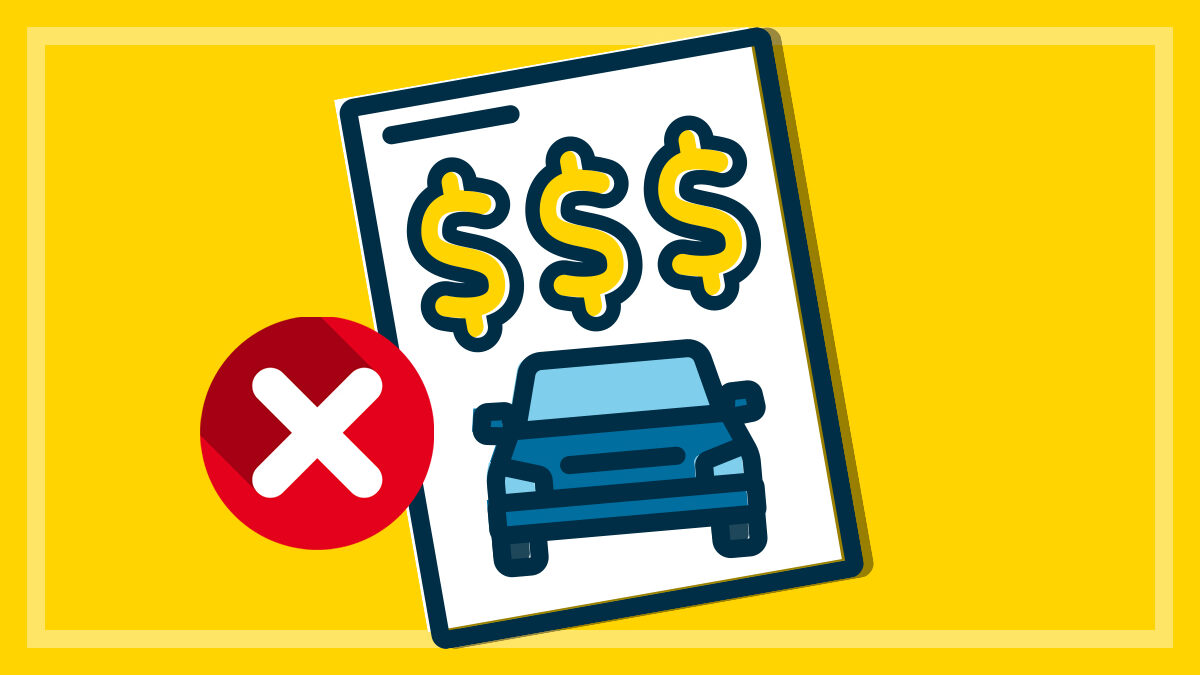Funeral insurance options
A warning – funeral insurance can be costly in the long run, so consider your options.
Last updated: 24 May 2017
We get that it’s not the cheeriest topic on the block, but covering the cost of your departure from the earth is worth some research.
On this page:
Like the name suggests, funeral insurance is designed to cover the cost of your funeral. No health check is needed to take out a policy. In 2014, there were about 440,000 funeral insurance policies with an average sum insured of $8859. Sounds easy enough, but we found:
- You can end up paying more in premiums than the value of the funeral cover.
- Premiums can rise sharply when you get older and it may be hard to afford them especially if you are on a fixed income.
- If you stop paying your premium, you’ll no longer be covered and in most cases won’t receive a refund. In 2014, 16.5% of policies were cancelled, one in three of those by the insurer because of non-payment of premiums.
- Pre-paid funerals, funeral bonds and life insurance or a simple savings account are often a better choice.
So what are all the options?
Funeral insurance
If you go down this route you’ll usually make a regular contribution until age 90, after which time cover continues for free. The benefit amount is either fixed or increases over time, and for the first couple of years you’re usually only covered for accidental death. An age limit of between 18 and 79 years normally applies – the older you are, the higher the premium.
Risks of funeral insurance
- Premiums can be fixed or increase each year, and can vary according to your gender and whether or not you smoke.
- If premiums are not fixed you often won’t know how much they increase in subsequent years.
- Premiums can add up to more than four times the cost of a funeral.
A call for reforms to funeral insurance
In 2013, CHOICE joined 10 other consumer and pensioner advocacy groups, including the Consumer Action Law Centre (CALC), in calling for reforms to funeral insurance in Australia.
In response to this, Hollard Insurance released their “Guaranteed Funeral Insurance” product, which promises that:
- premiums will never increase
- premiums will actually reduce by five percent after every continuous five years of the policy
- the total premiums paid will never be more than the benefit paid – that is, they will pay the higher of the benefit amount or the total premiums paid since product was taken out.
“It’s positive that there’s now a funeral insurance product with improved terms,” says Matt Levey, CHOICE director of campaigns and communications. “But our advice is still that consumers look at options that can be more affordable and can give them better value for their money such as life insurance, pre-paid funerals or simply using a separate savings account.”
Pre-paid funerals
The pre-paid option is a better choice, and covers all or part of your funeral, usually at today’s prices. The services you pay for are covered when you die, regardless of how much they cost at the time. However, they can be inflexible in case you move interstate to be with family, make sure there is the option to transfer it to another service.
There are a few ways to fund pre-paid funerals.
- Small contributory funds: You make small, regular payments for part or all of a funeral service with a particular funeral director. Conditions vary between funds.
- Pre-purchased products: You pay for a cemetery plot, wall niche or place in a memorial garden, usually directly from the cemetery or crematorium.
- Pre-paid funeral plans: You choose the type of funeral you’d like and pay for it in full. Or make a deposit and pay installments over a fixed period. Few plans offer a refund if you cancel – check this before committing.
Some states require registration of pre-paid funerals – check with the Fair Trading office in your state for more information.
Funeral bonds
Funeral bonds are not very common in Australia, they’re usually offered by funeral directors, friendly societies or life insurance companies. Their features are:
- You usually have to pay a deposit and pay the remainder in installments or as a lump-sum.
- The money is invested and can only be used to cover your funeral.
- The funeral bond can be in your name or joint names. If you go for the latter, the benefit is normally paid on the death of the first joint owner.
Life insurance
We think the best alternative is life insurance. Life insurance can be taken out as a stand-alone policy, or through your superannuation fund. The cover amount covers your dependents as well as your funeral costs. Alternatively you could just open a special savings account and let your relatives know that these savings are to cover your funeral.
Related
Uta worked at CHOICE from 1998-2024, finishing as a senior content producer with the money and travel team.
You can find Uta on LinkedIn.
Uta worked at CHOICE from 1998-2024, finishing as a senior content producer with the money and travel team.
You can find Uta on LinkedIn.






